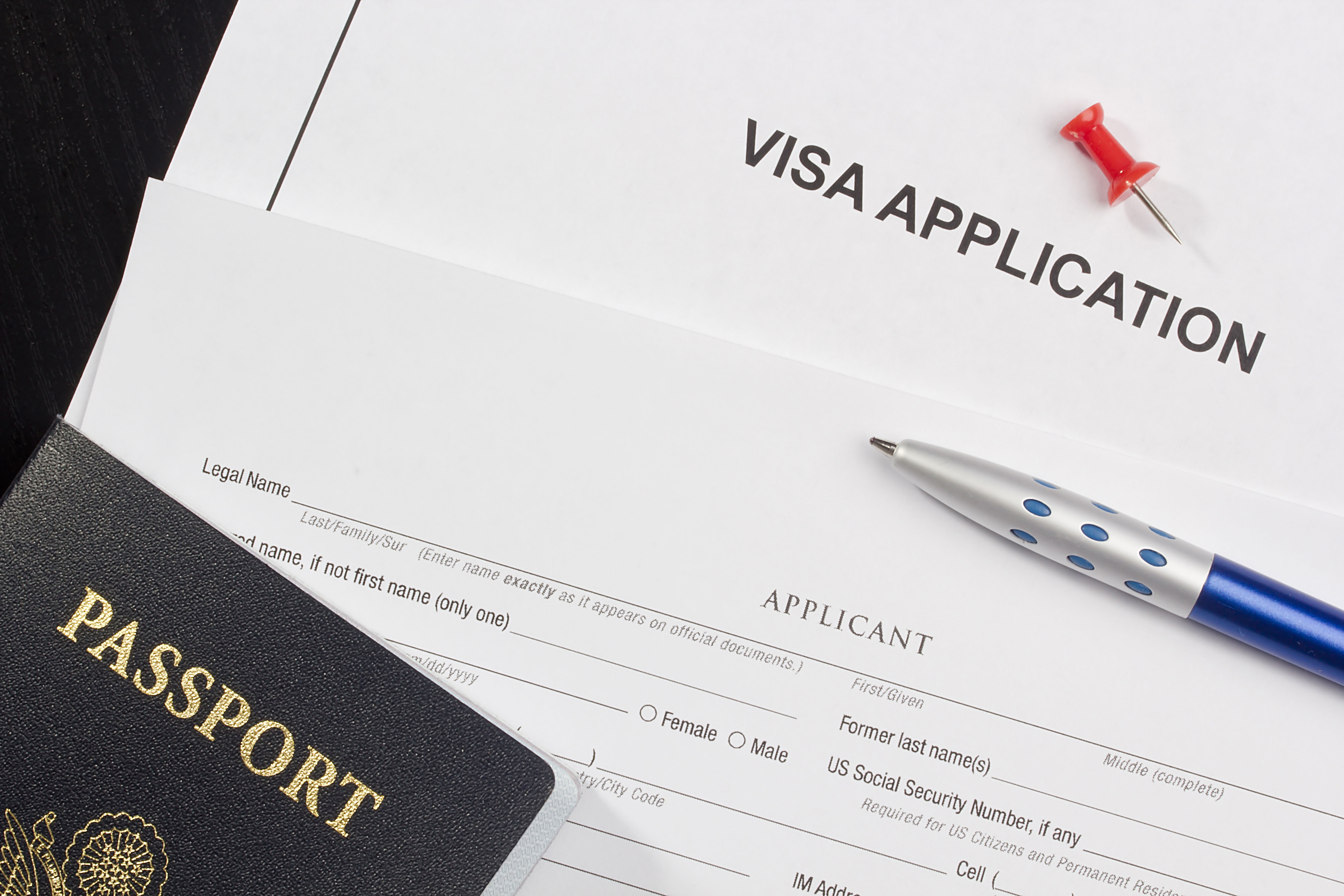Last week, U.S. Immigration and Customs Enforcement (ICE) revoked a recent immigration policy that was announced earlier this month that would have forced foreign students living in the U.S. with F-1 or M-1 visas to return home or transfer to another school offering in-person instruction if the classes at their university remained entirely online for the upcoming fall semester.
The new policy came as a swift reversal: when the pandemic first hit the U.S. in March, the American government was quick to relax student visa restrictions in light of the emergency. Foreigners with F-1 visas — who are usually forced to take the majority of their classes in person — were permitted to complete spring and summer courses completely online given the extraordinary circumstances brought on by the rapid proliferation of COVID-19. The new policy would have effectively rescinded all of the exemptions made for foreign students taking spring and summer classes. Now that it has been lifted, those same students can take their fall course load entirely online in the U.S. and they will no longer face the threat of deportation.
The abandonment of the directive by the administration came after sharp criticism from some university presidents and immigration activists, who called the order “a blunt, one-size-fits-all approach to a complex problem giving international students, particularly those in online programs, few options beyond leaving the country or transferring schools.” Harvard and MIT had even sued the government in federal court in an effort to halt the policy’s implementation and protect hundreds of thousands of international students studying around the U.S.
Experts say that the restrictions could have had dire ramifications. Had ICE’s policy been implemented, American academic institutions would have faced a number of key challenges, as many depend on international students — who often pay full tuition — as a critical source of their revenue.
Severe visa restrictions not only would have caused university budgets to suffer, but also made the U.S. a much less attractive academic market for top foreign students and talent.
We are delighted and relieved to hear that international students, including LLM students applying for the bar exams as foreigners, will be able to stay in the U.S. to study. We wish them the best this upcoming school year as they continue their personal and professional development!



